"Wikipedia can often get a bum rap from many in the education community. Sometimes, it’s for good reason, as it can be a VERY overused information source by students AND adults alike...Today I want to reflect on its benefits as a starting reference or secondary (maybe tertiary) source to start of your research, based on how I used it to research my History resource."
Research and publish the best content.
Get Started for FREE
Sign up with Facebook Sign up with X
I don't have a Facebook or a X account
Already have an account: Login
Tech tools that assist all students to be independent learners & teachers to become better teachers
Curated by
Beth Dichter
 Your new post is loading... Your new post is loading...
 Your new post is loading... Your new post is loading...
|
|



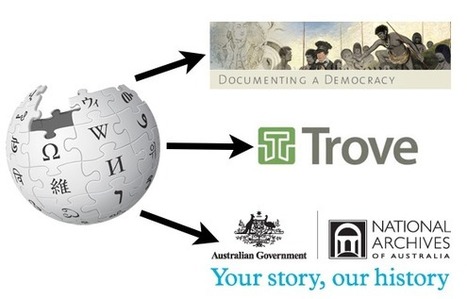


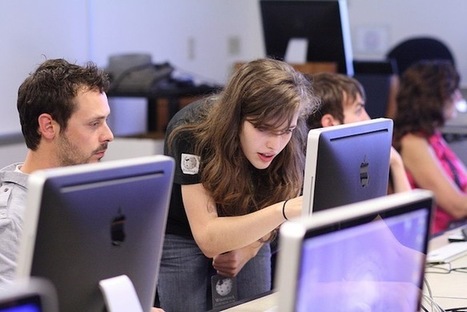
![Encyclopedia Britannica vs. Wikipedia [INFOGRAPHIC] | Eclectic Technology | Scoop.it](https://img.scoop.it/dZfXWN0w1z2m0cgstuAi7Dl72eJkfbmt4t8yenImKBVvK0kTmF0xjctABnaLJIm9)
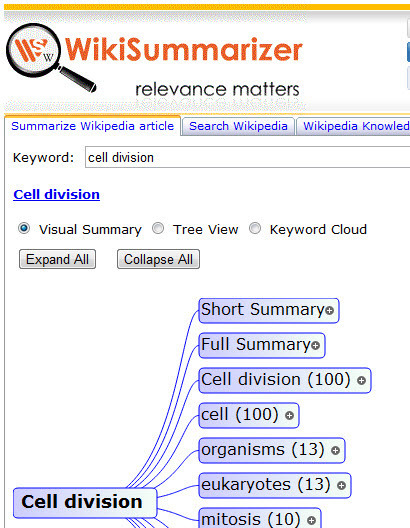
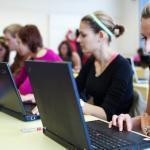
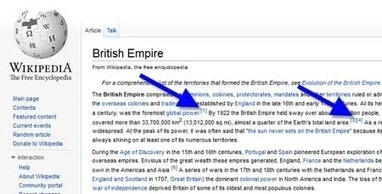
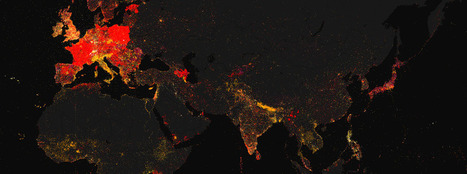






Many students choose to use Wikipedia as a primary resource and many teachers tell students they should not use Wikipedia...but what if you require that they confirm all information from other primary resources? Gleeson notes "I believe starting with the much maligned site had several benefits that will transfer over to the students’ use."
He discusses four issues that students often face when searching online:
* Where do I begin? (Based on my discussions with students most students tell me they use Google, but that does not mean that they look beyond the first page of results, or know how to do searches.)
* Key word search - Do your students know how to use key words? Wikipedia may help with this.
* Secondary source drives me to primary source - Allow the secondary source to provide some foundation, but confirm with primary sources.
* Effective time management for checking sources.
Additional information on each point may be found in the post.